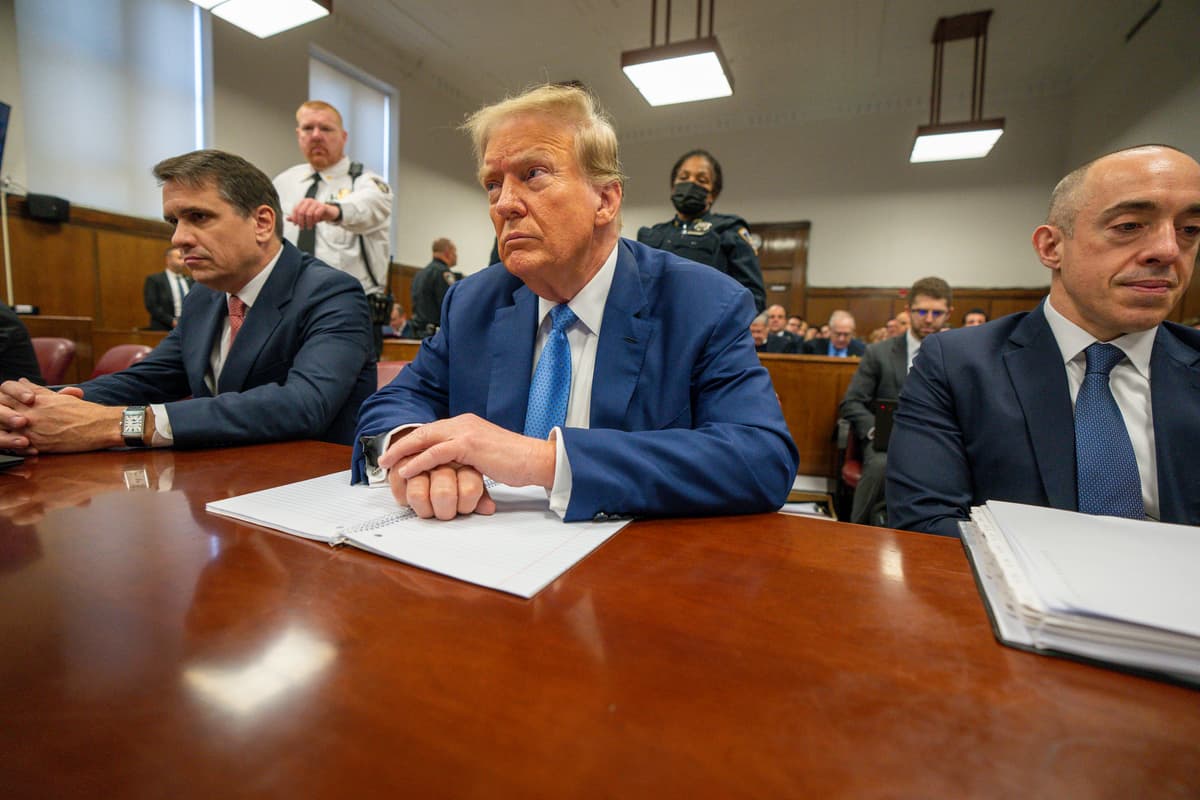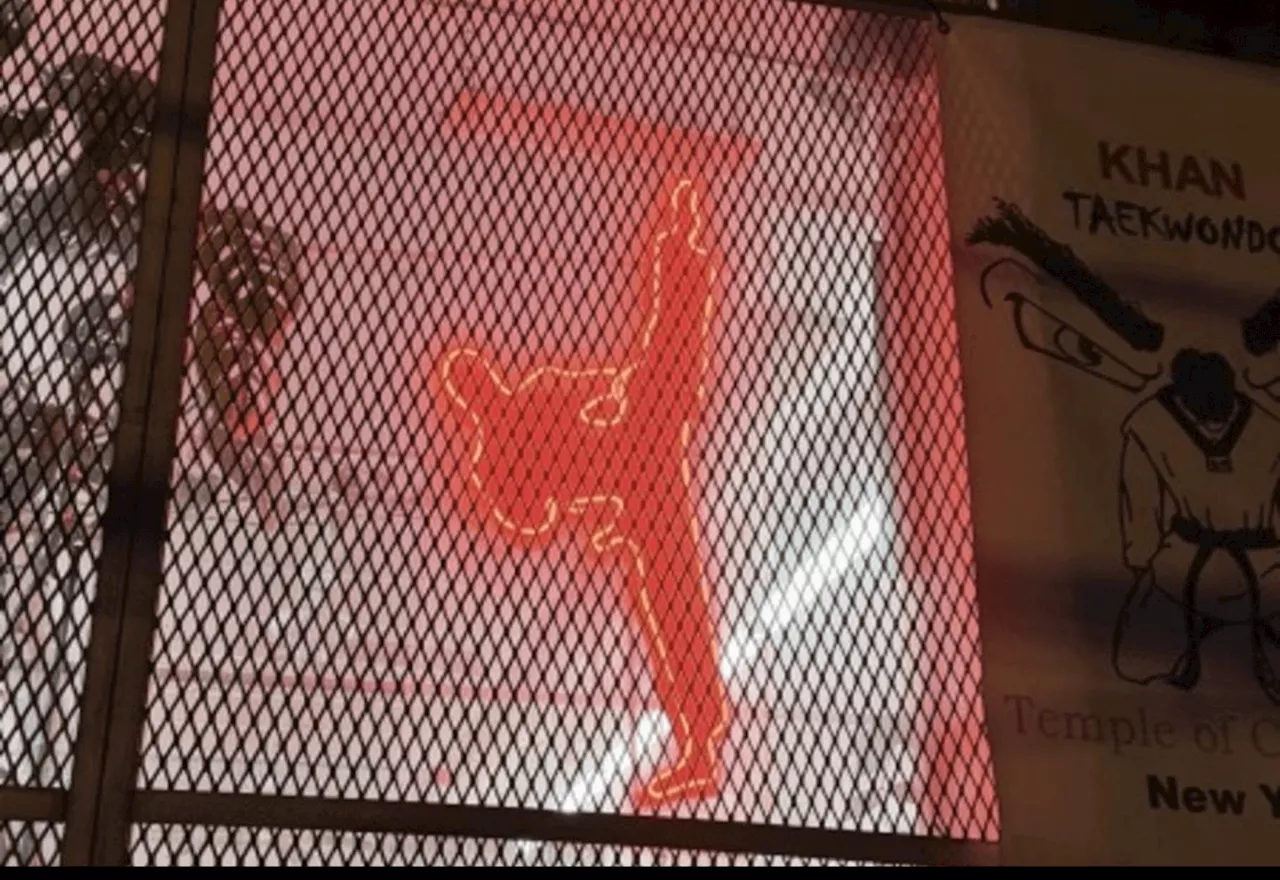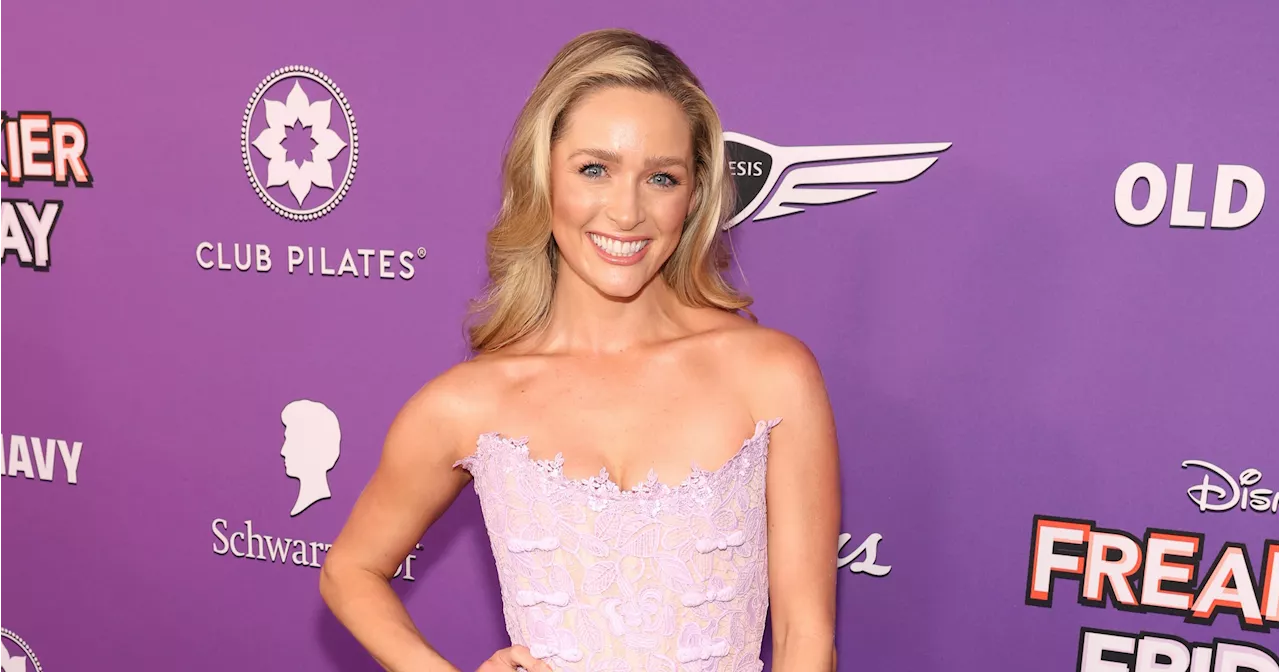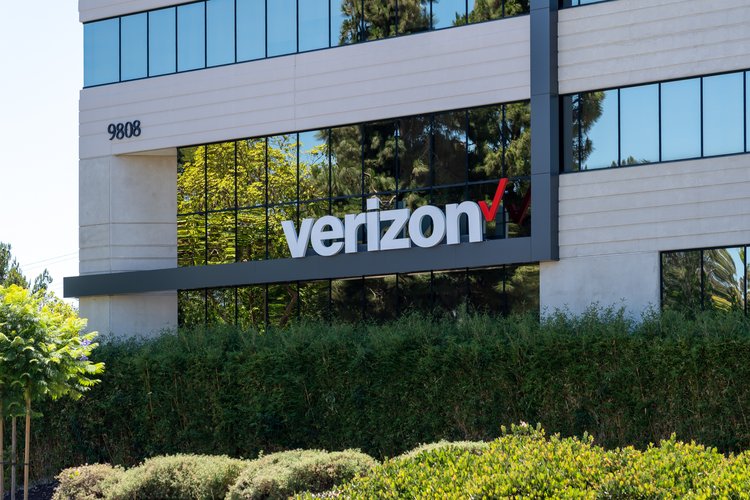UPDATE: Former President Donald Trump has just secured a significant victory in the Second United States Appeals Court, potentially paving the way for the dismissal of his 34 felony convictions related to hush money payments in the controversial Stormy Daniels case. The unanimous ruling grants Trump another chance to assert his presidential immunity defense, a critical development in his ongoing legal battle.
This ruling arrives amid escalating tensions and scrutiny surrounding Trump’s legal challenges, highlighting the urgent nature of his fight against what he terms politically motivated prosecutions. The panel of three judges, all appointed by Democratic presidents, has instructed Judge Alvin Hellerstein to reassess whether he adequately addressed the implications of Trump’s presidential immunity in his previous decisions.
The appeals court emphasized Judge Hellerstein’s need to evaluate whether evidence presented during the state trial could pertain to official acts of the presidency. The judges stated, “We leave it to the able and experienced District Judge to decide whether to solicit further briefing from the parties or hold a hearing to help it resolve these issues.” This ruling not only bolsters Trump’s position but also casts doubt on the validity of the state court’s earlier findings.
Previously, Judge Hellerstein ruled that Trump’s actions, including payments to Daniels—allegedly made in the Oval Office—were “private unofficial acts” unconnected to federal duties. The appeals court has now signaled that this analysis may have been incomplete, particularly regarding evidence from former aide Hope Hicks, which could be pivotal in establishing Trump’s defense.
Trump’s legal challenges extend beyond the appeals court. He is actively appealing his convictions in New York state court, where Judge Juan Merchan dismissed his claims of presidential immunity as irrelevant. The state court’s ruling has raised questions about Merchan’s impartiality, given his prior donations to Democratic candidates, including President Joe Biden. Trump contends that this bias necessitates Merchan’s recusal from the case.
Additionally, Trump is contesting the legality of jury instructions given during his trial. Jurors were informed that they could convict Trump of a felony if they believed he had intended to commit another crime, a point Trump argues violates the 2020 Supreme Court ruling in Ramos v. Louisiana, which mandates unanimous jury agreements for criminal convictions.
As the legal landscape shifts, Trump’s team is eager to move proceedings to federal court, where they believe he may receive a fairer trial. Federal courts typically draw from more diverse jury pools, which could favor high-profile defendants like Trump amid concerns of political bias in heavily Democratic jurisdictions.
The ramifications of this latest ruling could resonate far beyond Trump’s immediate legal challenges, impacting the broader political landscape as he gears up for the upcoming presidential election. With this victory, Trump aims to leverage his legal battles as a rallying point for his supporters.
What’s next? Legal experts will be closely monitoring how Judge Hellerstein responds to the appeals court’s directive. Should he reconsider the admissibility of key evidence or allow further proceedings, it could significantly alter the trajectory of Trump’s case.
As this story continues to develop, it captures the attention of both supporters and critics, underscoring the intersection of law and politics in America today. Stay tuned for more updates as this high-stakes legal drama unfolds.







